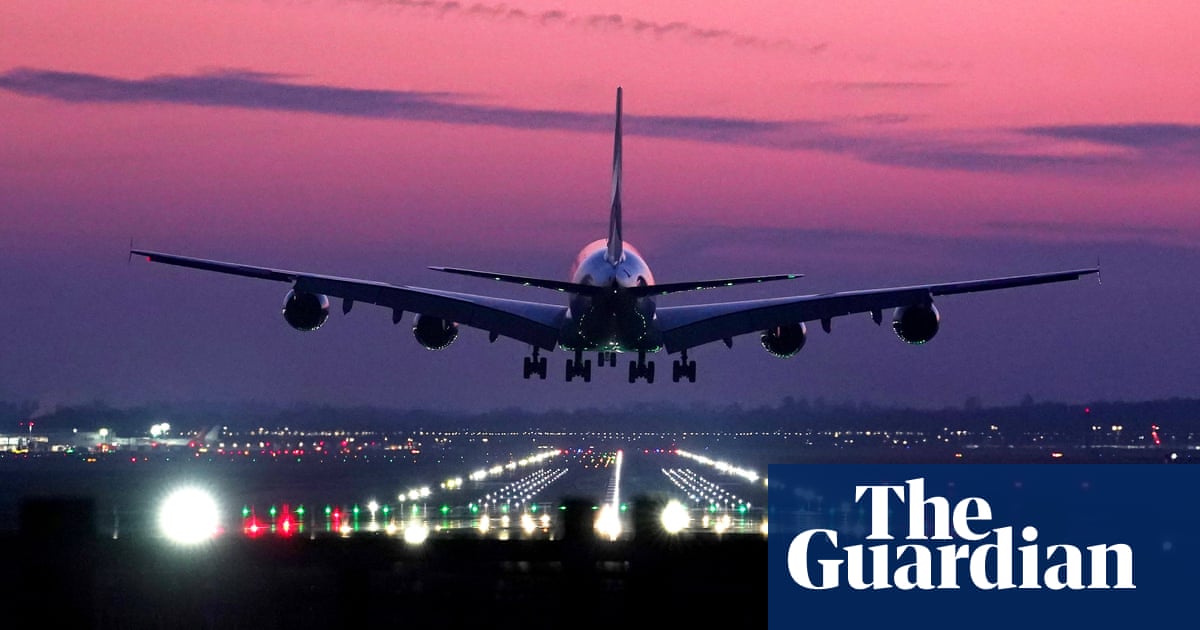London Gatwick is the UK’s worst airport for flight delays, official figures showed, with air traffic control issues blamed for continuing disruption.
In 2024, flights departed on average more than 23 minutes late from Britain’s second-biggest airport, according to data from the Civil Aviation Authority.
It makes the West Sussex airport’s record the least punctual in the UK for a second successive year. At Birmingham and Manchester airports the average delay was about 21 and 20 minutes respectively, according to analysis by the PA Media news agency.
Gatwick’s 2024 average delay was an improvement from the previous year’s – 27 minutes – as the airport’s air traffic control (ATC) services provider, Nats, tackled staff shortages that had affected flights.
While airlines and airports across Europe have suffered disruption from ATC issues, Nats staff shortages had alsodirectly affected Gatwick’s own outsourced control tower.
A spokesperson for the airport, which hopes to almost double its capacity with a plan for asecond runway awaiting government sign-off, said that the tower staffing issues were fully resolved.
The airport has also managed to avoid threatened disruption over the busy Easter weekend, with a strike by ground-handlers in the Unite union having “no operational impact” and causing no cancellations or significant delays, the spokesperson said.
The spokesperson added: “Air traffic control restrictions in other parts of Europe have continued to impact the airport.
“Together with our airlines, we’ve put in place a robust plan … to improve on-time performance further in 2025.”
PA’s analysis included scheduled and chartered departures from the 22 commercial UK airports with at least 1,000 departures in 2024. Belfast City (George Best) airport had the best punctuality performance, averaging a delay of less than 12 minutes for each departing flight.
Overall, UK flight delays improved last year on average, cutting about 10% from the wait last year, at 18 minutes and 24 seconds compared with 20 minutes and 42 seconds in 2023.
A spokesperson for the AirportsUK trade body said: “Aviation continues to recover from the pandemic, and operates in an extremely busy, global environment with resilience challenges.
“It is therefore positive that the data shows delays continue to come down as everyone in aviation works together to provide the best possible service to passengers.”
The CAA said passengers should ensure they know theirentitlement to assistance during delays– including food and drink, and potentially compensation in some circumstances should flights be held up, though this mostly applies only for delays of more than three hours.
Selina Chadha, a director at the CAA, said: “The industry works hard to ensure flights are punctual, but sometimes delays occur.
What is important to us is what airlines and airports do to minimise disruption, as well as comply with their legal obligations to look after passengers if something happens to their flight.”
